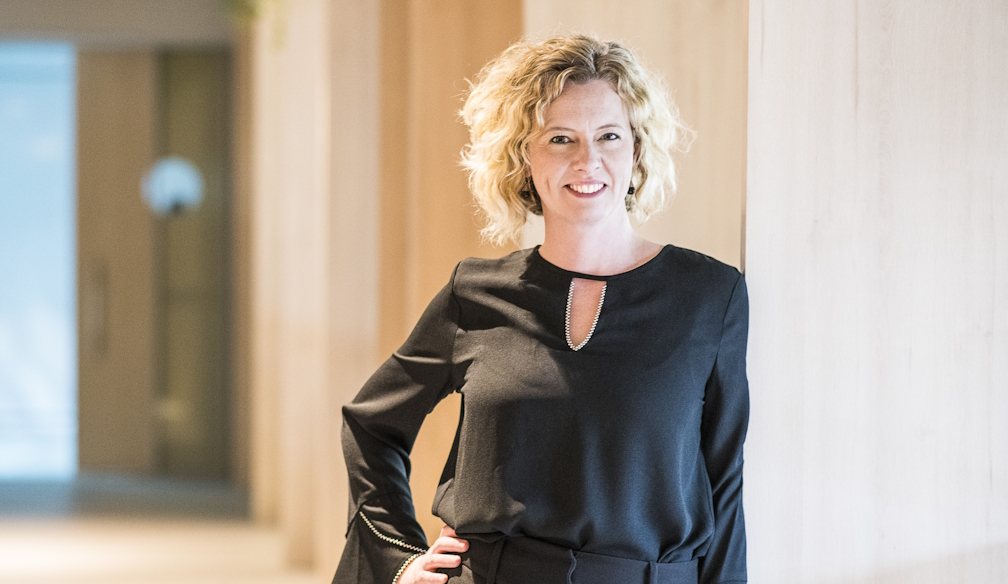Intergenerational wealth transfer to women poised to bridge gender gaps in Australia's Private Wealth sector

Australia’s private wealth sector must deepen its commitment to attracting and developing future female investment advisers to meet the changing demands of clients, with women set to be the primary beneficiaries of the greatest wealth transfer in Australia’s history. Collaborating to address structural barriers will be key, according to a new report by industry initiative, Future IM/Pact.
Future IM/Pact’s report - Women in Wealth: The status of gender equality in Australian private wealth firms - finds that women currently make up 25% of roles in the advice career stream, with gender balance at entry level positions falling dramatically at the adviser levels, where women comprise just 19% of advisers and 13% of senior advisers.
Future IM/Pact Founder Yolanda Beattie said that while overall gender parity is possible by 2030 if the industry appoints, promotes and retains women at equal rates to men, the key adviser levels are moribund with women leaving at almost the same rate as they’re joining, largely due to talent poaching across firms. At this rate, it will be 2047 before parity is reached at the senior adviser level.
“Increasing the number of female private wealth advisers will take bold leadership, a long term commitment, and collaborating across industry to tackle the barriers that stop women from successfully applying for these roles that in many ways are ideally suited to them.
“Once they overcome the barriers to securing an advice role, female advisers love applying their intellectual curiosity, passion for markets and entrepreneurial ambition to developing deep and lifelong client relationships and making a profound impact on their client’s lives,” Beattie said.
As highlighted by JBWere’s 2024 report, The Growth of Women and Wealth, women are poised to inherit over 65% of the projected $5 trillion wealth transfer by 2034. Women are growing their own wealth at a faster rate than men too. Women’s preference to work with female advisers presents a compelling business case for the industry to tackle the barriers that women in wealth face on their path to advice roles.
Systemic barriers exist
The report reveals barriers exist at the level of system, leader and self, making it disproportionately challenging for women to thrive in comparison to their male counterparts.
Limited promotion of the profession at universities, long career progression timelines that collide with starting a family, male-dominated environments, and subtle practices that exclude or diminish women’s contributions combine to create environments where women are three times more likely than men to exit at the key client service associate level – the step before they move into an adviser role.
The challenges of balancing family responsibilities and navigating male-centric networking events further exacerbate the situation, often leading to a higher attrition rate among women, particularly at the senior associate levels.
LGT Crestone Chief Operating Officer, Michelle Inns, said her firm was committed to working across industry to tackle these barriers. “As an industry, we must recognise and validate the unique challenges women face, and support and incentivise senior advisers to develop future female advisers while creating the team environment where they can flourish.”
Beattie explains shifting the mindset around parental leave is key.
“Having time off to have babies just as your career and responsibilities are ramping up is undoubtedly hard for the mums and their teams. But this is a very short period in what will be a multi-decade long career. Leaders and teams need to adopt a ‘we make it work’ mindset, with the support of the organisation via additional resources,” she said.
Tailored training and development programs targeting confidence and career conviction, networking and sales must also be a priority.
“The nuances of how women network and cultivate connections differ from men, necessitating training and development programs that acknowledge and leverage these differences rather than attempting to fit women into a predefined mould traditionally occupied by men,” she said.
Promoting private wealth careers to young women, and supporting them to launch their careers through mentoring and advocacy is another key part of the solution. With the addition of new partners to working alongside current private wealth partner LGT Crestone, Future IM/Pact’s established platform is ideally placed to unite private wealth firms and amplify their efforts to inspire and enable the next generation.
Honner is Future IM/Pact’s pro-bono media partner.
About Future IM/Pact
Future IM/Pact is an industry initiative aimed at attracting more diverse talent into the investment teams of fund managers, super funds and industry participants. Partners from 1 July 2024 are Australian Ethical Investments, Australian Retirement Trust, Aware Super, Colonial First State, HESTA, LGT Crestone, Macquarie, Mercer, Munro Partners, Pinnacle Investment Management, Platinum Asset Management, QIC, Rest, Schroders, Tattarang, TCorp, TDM Growth Partners, VFMC, Vinva and UniSuper. More information can be found at www.future-impact.com.au










